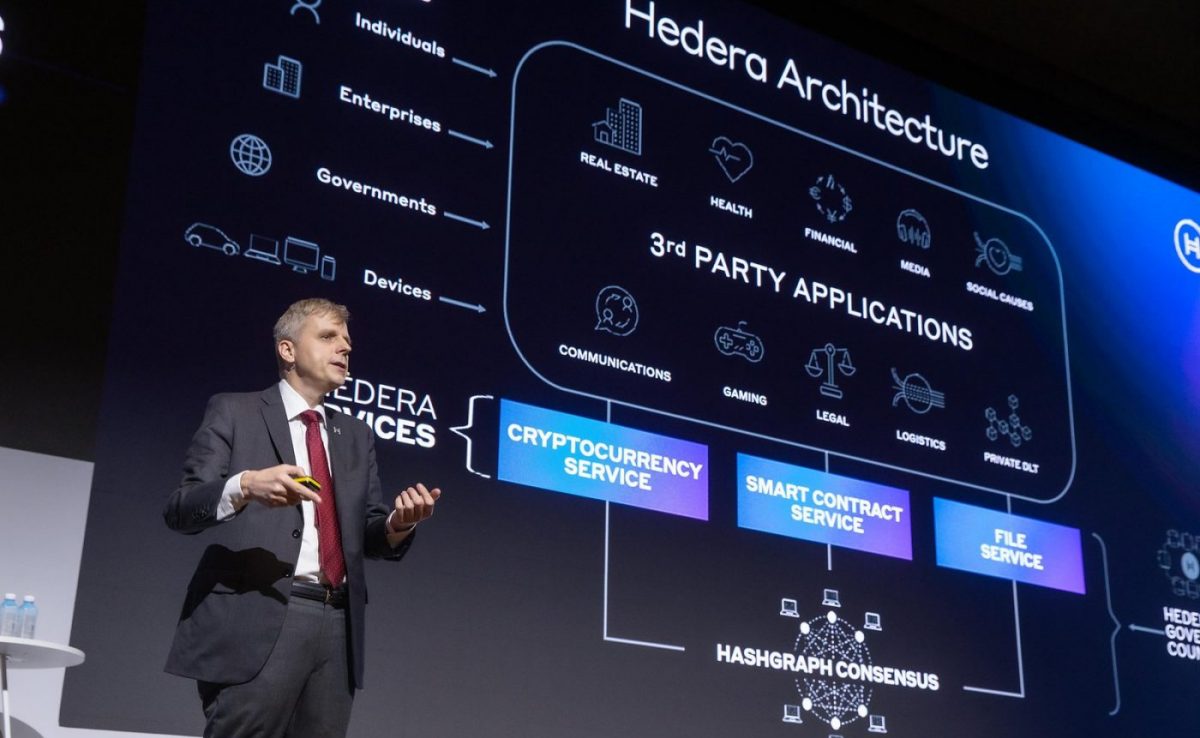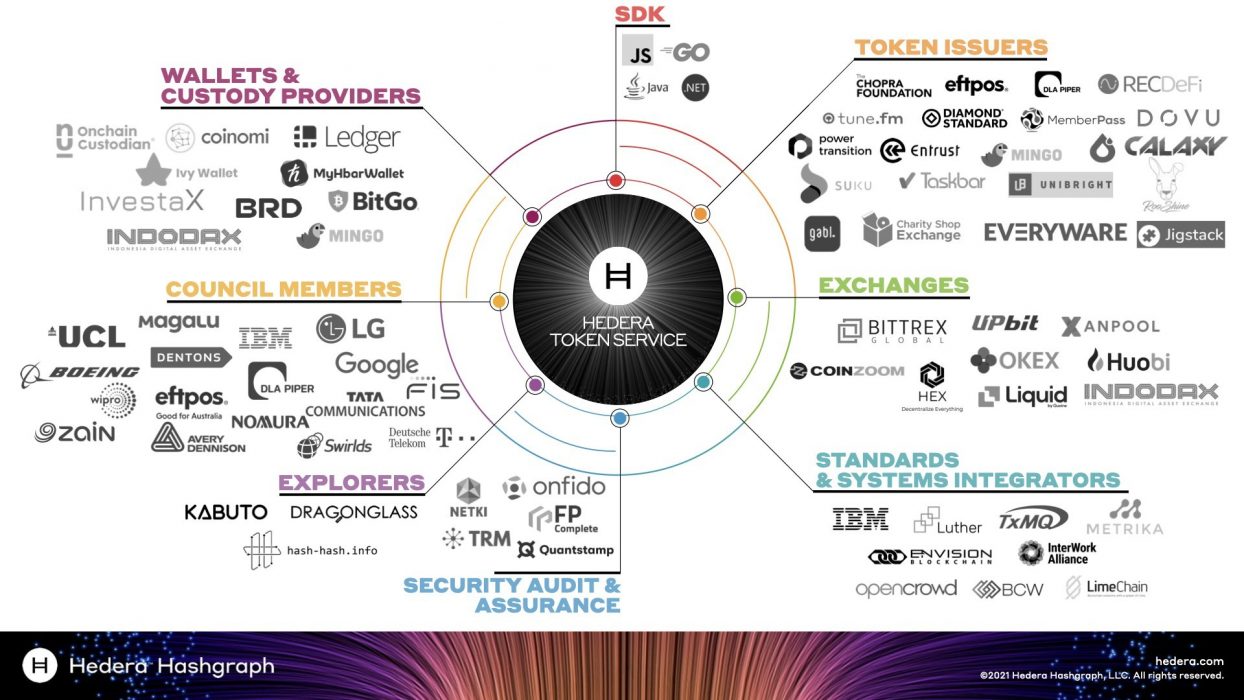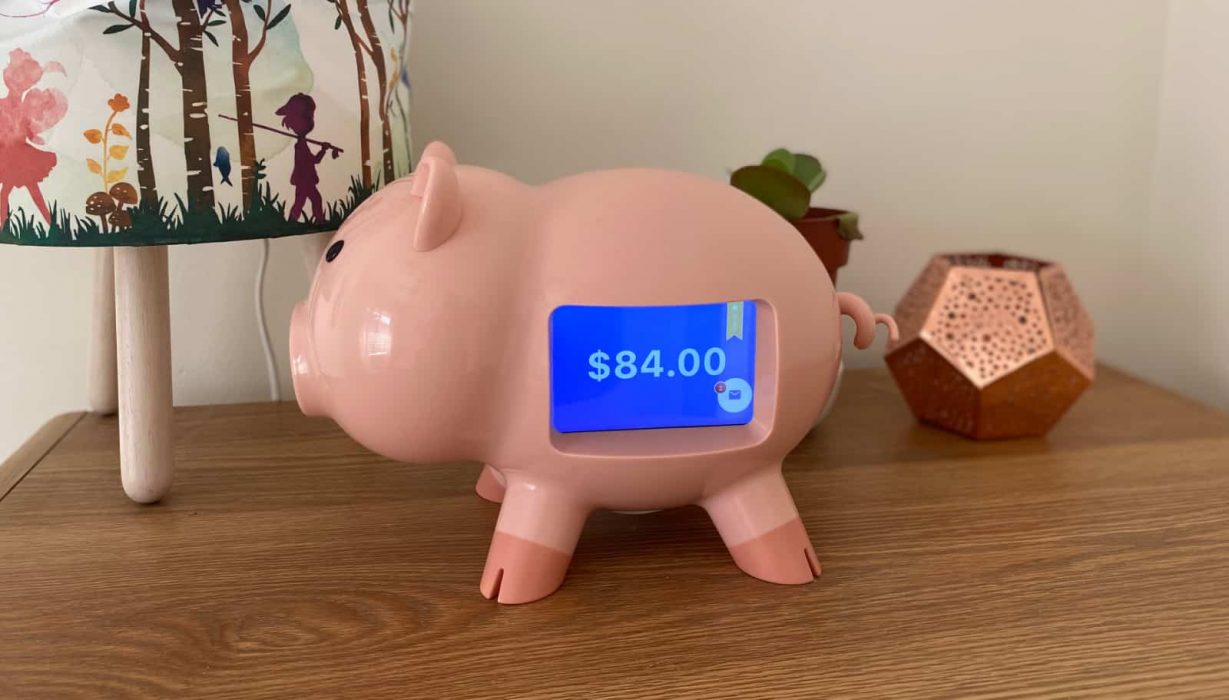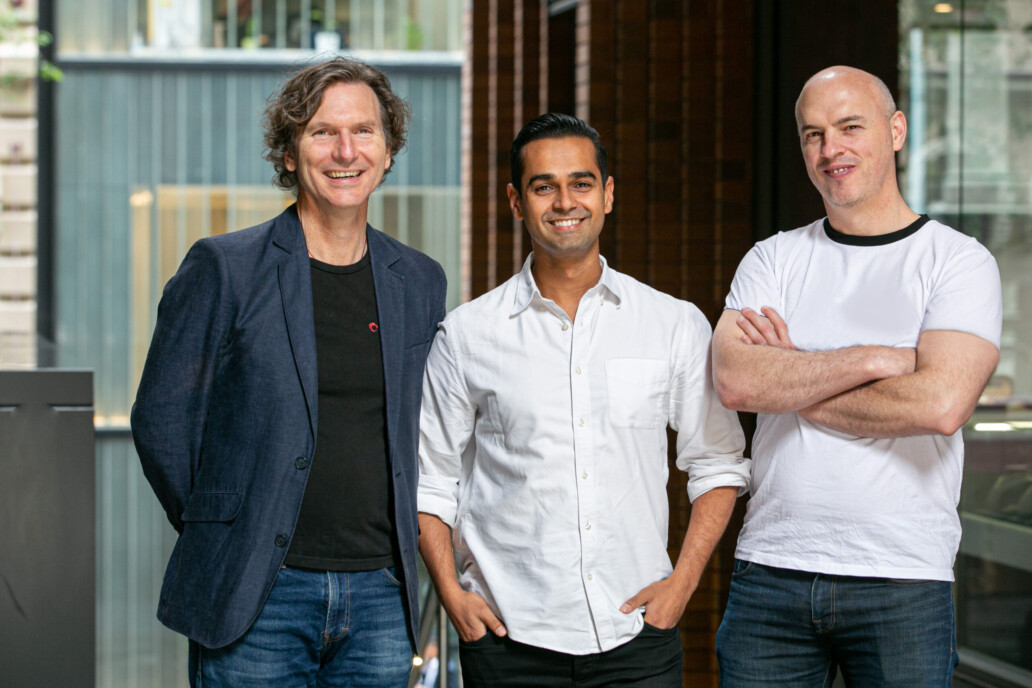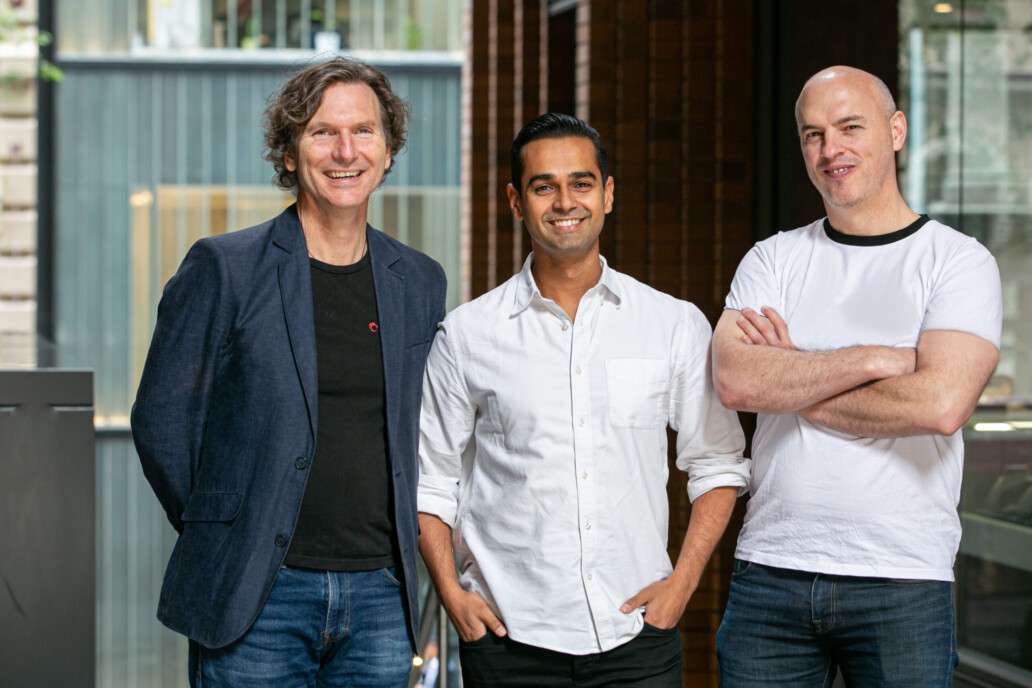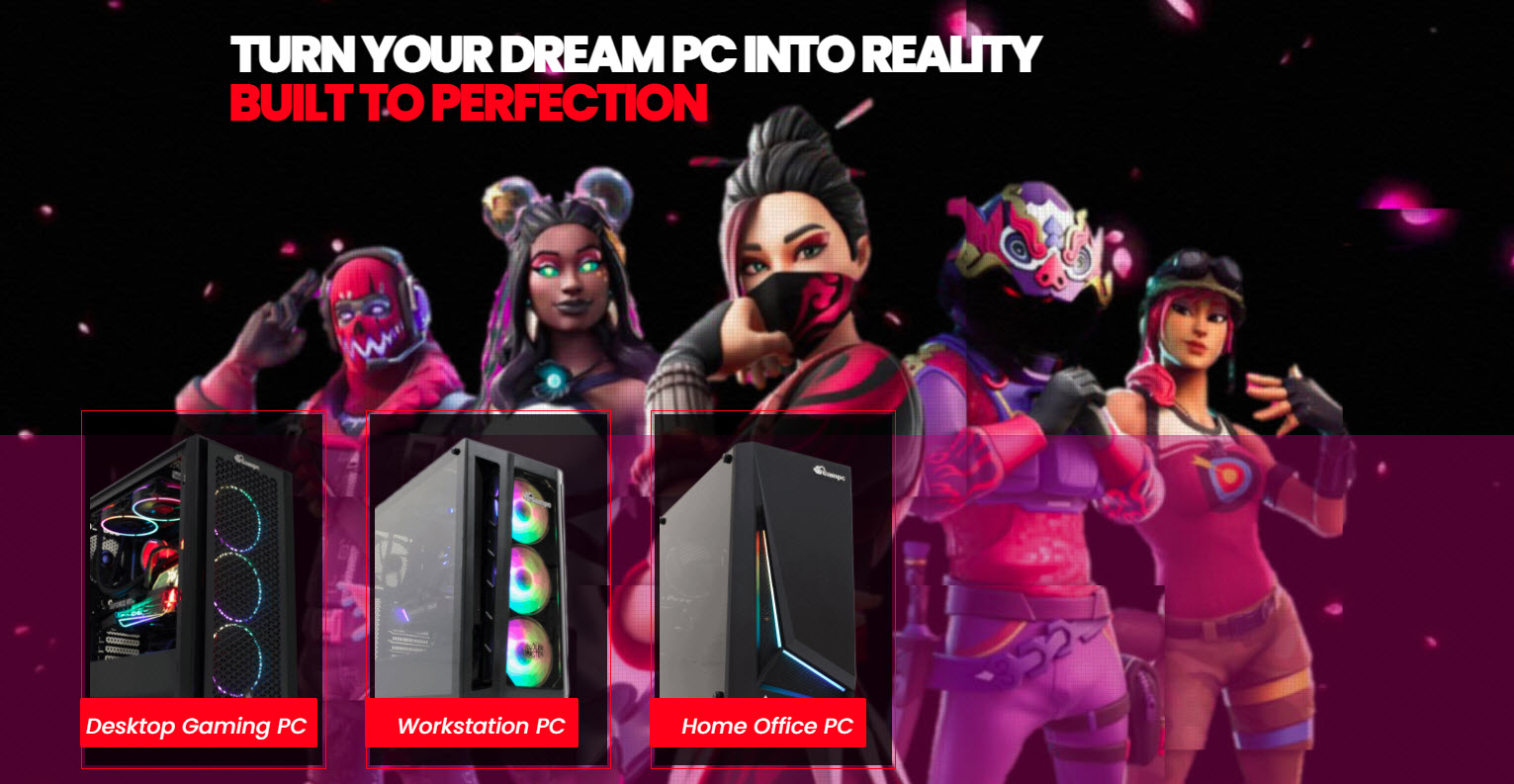Binance Charity, Binance Australia, and the Koala Clancy Foundation have, on Earth Day, launched a new cryptocurrency, Tree Token, in an effort to help restore the wildlife habitats impacted by the 2019 Australian Bushfires. The collaborative blockchain project aims to raise $1 million AUD worth of Tree Tokens to plant 100,000 trees in Australia.
The 2019 bushfires are being recorded as one of the worst fire seasons on record, incinerating 27 million acres of Australia and impacting almost 3 billion animals.
![Koala mother with joey [Koala Clancy Foundation]](https://content.cryptonews.com.au/wp-content/uploads/2021/04/koala-mother-joey-MARA-pickle-933x700.jpg)
In the first phase of the joint philanthropic project, Binance Charity will commit $400,000 AUD worth of Tree Tokens, a cryptocurrency issued on Binance Smart Chain (BSC), for the specific use of supporting the environmental restoration of the disaster’s aftermath.
The Tree Token is pegged 1:1 to the Australian dollar (AUD). The initial funds will go to the Koala Clancy Foundation to plant 40,000 new trees in the You Yangs and Gippsland regions in Victoria.
The remaining $600,000 AUD will be donated in later phases of the project. The Tree Token is not for purchase to the public. Tree Tokens will enable Binance Charity to monitor and evaluate tree planting activities on the blockchain, allow donors to track the impact of their contributions and bring ownership to the philanthropic project.
![Koala snoozing [Koala Clancy Foundation]](https://content.cryptonews.com.au/wp-content/uploads/2021/04/koala-CLANCY-snoozing-933x700.jpg)
Head of Binance Charity, Helen Hai, said the pilot technology trialled with the Koala Clancy Foundation can have benefits across multiple functions in the philanthropy sector.
By issuing Tree Tokens, the process is made fully transparent to donors. This initiative’s model can be replicated and applied to revolutionise archaic practices in a variety of charity projects – helping to report progress and bring ownership to all parties.
Helen Hai, Head of Binance Charity
President of Koala Clancy Foundation, Janine Duffy, said “Cryptocurrencies seemed like they are for investments. We did not realise that they can be used for philanthropic sectors. With the Tree Tokens, we wish to give data on the restoration of koala habitat in regional Victoria to our donors transparently. Also, Koala Clancy Foundation is honoured to adopt this new technology to the system.”
A spokesperson from Binance Australia said: “The devastation of the recent bushfires will be felt for many years to come, so we’re proud to support the partnership with Koala Clancy Foundation to help restore wildlife habitats. This is an important step forward to demonstrate the exciting and impactful opportunities leveraging blockchain technology can have for the environment.”
With the rapid acceptance and growth of cryptocurrency in Australia, Binance Australia and Binance Charity stand together at the forefront of the industry showcasing how blockchain’s infrastructure can boost trust and transparency within the charity sector.
A spokesperson from Binance Australia



